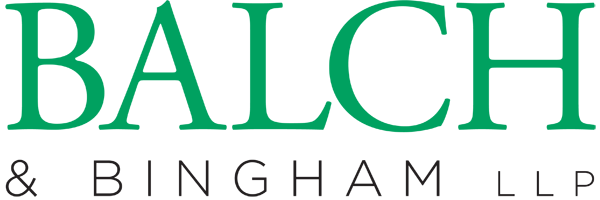- On May 13, 2020, the Treasury Department created a new safe harbor for borrowers regarding whether the required certification (see below) contained in the PPP Loan application was made in good faith.
- Borrowers that received a PPP Loan with an original principal amount less than $2M (when aggregated with all affiliate borrowers) will be deemed to have made the certification in good faith.
- A borrower that does not qualify for the safe harbor protection because it received a PPP Loan with an original principal amount greater than $2M (when aggregated with all affiliate borrowers) still has an opportunity at the time of forgiveness to show an adequate basis for making the certification in good faith.
On May 13, 2020, the Treasury Department issued an updated Frequently Asked Questions release (FAQ) addressing the certification contained in the Paycheck Protection Program Loan (“PPP Loan”) application that requires the Applicant to certify that “[c]urrent economic uncertainty makes this loan request necessary to support ongoing operations of the Applicant.” Treasury uses FAQ releases to provide guidance on the Paycheck Protection Program, which was established on an expedited basis to assist small businesses and their employees affected by the COVID-19 crisis. Under Question #46 published here, the Treasury creates a new safe harbor which provides:
- All borrowers that received a PPP Loan with an original principal amount of less than $2M (when aggregated with all affiliate borrowers) shall be deemed to have made the certification in good faith.
- A borrower that does not qualify for safe harbor protection because it received a PPP Loan with an original principal amount greater than $2M (when aggregated with all affiliate borrowers) still has an opportunity at the time of forgiveness to show an adequate basis for making the certification in good faith. If the borrower is unsuccessful in establishing this adequate basis, the borrower will be required to repay the full PPP Loan. As long as the PPP Loan is repaid after receiving notification from SBA that the borrower is not eligible for forgiveness, SBA will not pursue further administrative enforcement or prosecution.
Left unsaid is how a Borrower that received a PPP Loan with an original principal amount of exactly $2M will be treated, though presumably they will fall in one of the two described categories.
See below for full language of Question #46 from the Treasury’s FAQ:
Question: How will SBA review borrowers’ required good-faith certification concerning the necessity of their loan request?
Answer: When submitting a PPP application, all borrowers must certify in good faith that “[c]urrent economic uncertainty makes this loan request necessary to support the ongoing operations of the Applicant.” SBA, in consultation with the Department of the Treasury, has determined that the following safe harbor will apply to SBA’s review of PPP loans with respect to this issue: Any borrower that, together with its affiliates1 (For purposes of this safe harbor, a borrower must include its affiliates to the extent required under the interim final rule on affiliates, 85 FR 20817 (April 15, 2020), received PPP loans with an original principal amount of less than $2 million will be deemed to have made the required certification concerning the necessity of the loan request in good faith.
SBA has determined that this safe harbor is appropriate because borrowers with loans below this threshold are generally less likely to have had access to adequate sources of liquidity in the current economic environment than borrowers that obtained larger loans. This safe harbor will also promote economic certainty as PPP borrowers with more limited resources endeavor to retain and rehire employees. In addition, given the large volume of PPP loans, this approach will enable SBA to conserve its finite audit resources and focus its reviews on larger loans, where the compliance effort may yield higher returns.
Importantly, borrowers with loans greater than $2 million that do not satisfy this safe harbor may still have an adequate basis for making the required good-faith certification, based on their individual circumstances in light of the language of the certification and SBA guidance. SBA has previously stated that all PPP loans in excess of $2 million, and other PPP loans as appropriate, will be subject to review by SBA for compliance with program requirements set forth in the PPP Interim Final Rules and in the Borrower Application Form. If SBA determines in the course of its review that a borrower lacked an adequate basis for the required certification concerning the necessity of the loan request, SBA will seek repayment of the outstanding PPP loan balance and will inform the lender that the borrower is not eligible for loan forgiveness. If the borrower repays the loan after receiving notification from SBA, SBA will not pursue administrative enforcement or referrals to other agencies based on its determination with respect to the certification concerning necessity of the loan request. SBA’s determination concerning the certification regarding the necessity of the loan request will not affect SBA’s loan guarantee.




